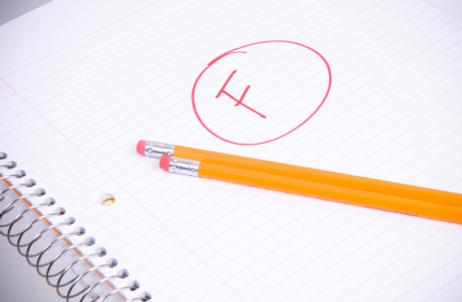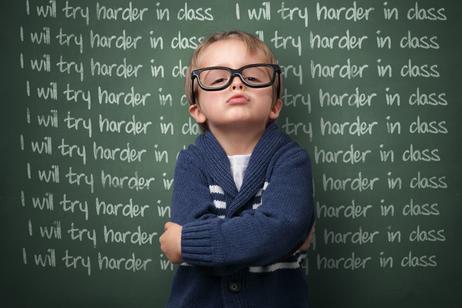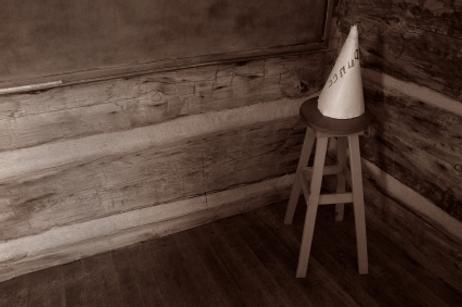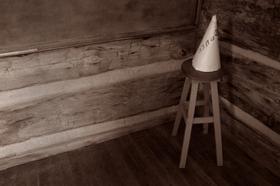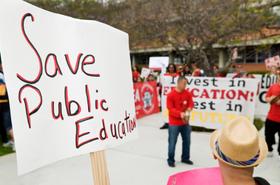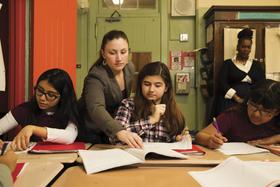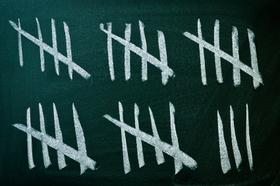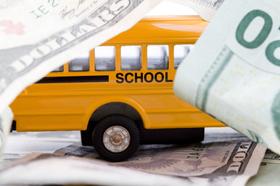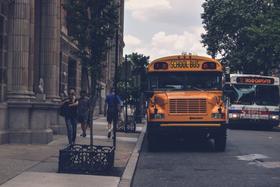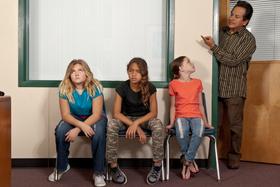Budgets are tight in school districts across America, and when money becomes scarce, tough decisions have to be made. For some schools, the cuts may come in the athletics departments, with a number of districts threatening to significantly decrease the athletic programs available to students or do away with sports altogether. While this is not a choice most schools want to make, what other options do they have when the money simply isn't there? We'll take a look at a number of states across the nation that are facing these questions, and how they are handling the challenge of keeping sports and other extracurricular activities in schools, despite their inability to pay for them.
This video reports on cuts to New York City sports budgets.
Cost-Cutting Measures to Begin in Pennsylvania
The governor of this state, Tom Corbett, recently announced a slash to public education in Pennsylvania that will total no less than $1 billion. The cuts were proposed in response to necessary cost-cutting measures that must be taken due to less money coming into the state. According to a report at the Observer-Reporter, $550 million of the cuts are slated for public schools, with a focus on special grants that support a variety of educational programs. The other $625 million would be cut from the budgets of state universities.
As school boards grapple with major cuts to their budgets, one of the


